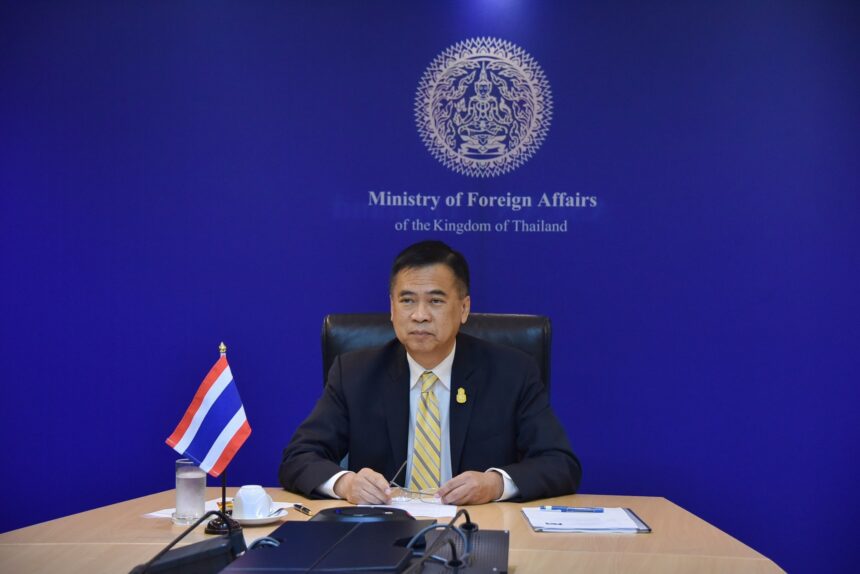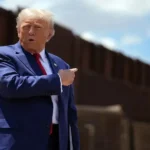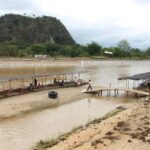The Thai government is defending its decision to deport at least 40 Uyghurs to China last month after the United States imposed visa restrictions on Thai officials involved in the process.
In a statement, the Ministry of Foreign Affairs said it had received assurances from China that the deported Uyghurs’ safety would be respected. The Thai government also pledged to continue monitoring the conditions of those sent back, as it has done in similar situations before, in response to concerns raised about their treatment.
Thailand emphasized its long-standing commitment to providing humanitarian shelter to refugees entering the country, a practice it has upheld for over 50 years. The government also expressed its intention to maintain strong bilateral and regional ties with China.
Despite this, US Secretary of State Marco Rubio announced that current and former Thai officials linked to the forced deportation of the 40 Uyghurs on February 27 would remain subject to visa restrictions.
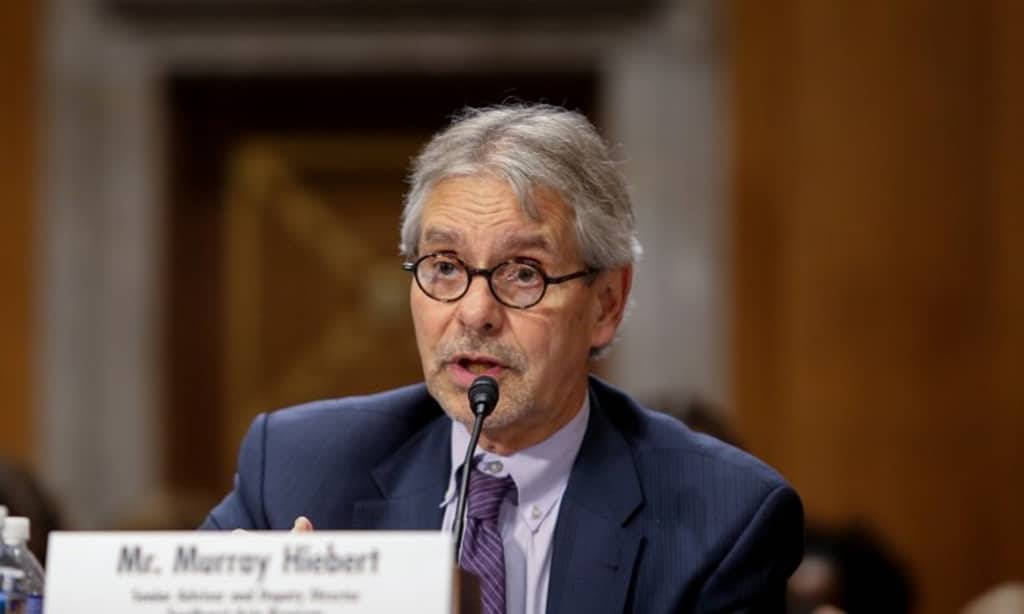
While the US has previously imposed sanctions on Thailand, including suspending military aid after coups and targeting individuals and companies for violating sanctions on other countries, experts like Murray Hiebert of Washington’s Center for Strategic and International Studies noted that this is an unusual step against Thai government officials.
Meanwhile, opposition leader Natthaphong Ruengpanyawut urged the government to uphold international human rights standards. He stressed the importance of making decisions that maintain these principles to avoid criticism or punitive measures from global powers like the US and China.
However, when asked about speculation that Prime Minister Paetongtarn Shinawatra and Deputy Prime Minister Phumtham Wechayachai may be among those facing visa restrictions, Natthaphong declined to comment. The two officials have also not addressed whether they are affected by the US sanctions.
The US sanctions followed a resolution by the European Parliament condemning Thailand over the Uyghur deportations and issues related to its lese-majeste law. In response, former Prime Minister Thaksin Shinawatra suggested inviting the EU ambassador to Thailand for discussions to improve understanding of the situation.
The Thai government also stated that it was planning a visit to China to observe how the Uyghurs are being treated.
Natthaphong argued that any such trip should allow Thai officials to move freely and include neutral third-party observers to ensure transparency.
Panitan Wattanayagorn, an expert in international relations, called on the Ministry of Foreign Affairs to ask China for the exact location of the deported Uyghurs and share this information with both the European Parliament and the United States.
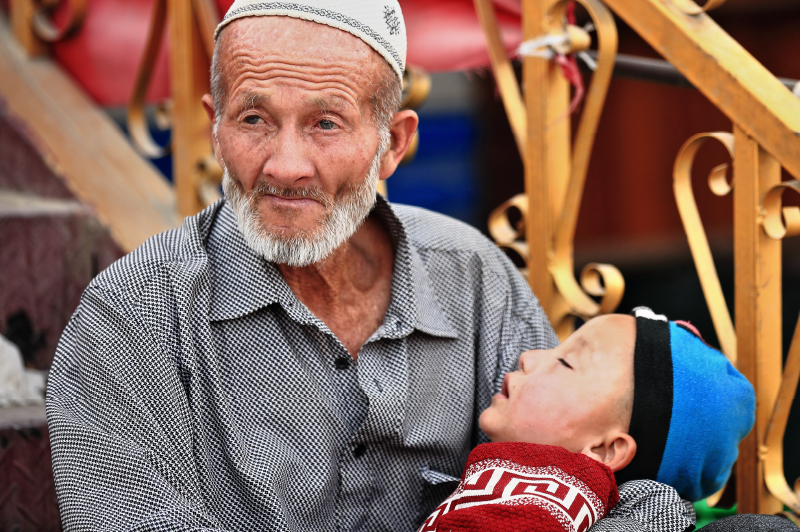
Uyghurs in China
China has faced accusations of crimes against humanity and possible genocide against Uyghurs and other predominantly Muslim ethnic groups in Xinjiang.
Human rights organizations claim that China has detained over one million Uyghurs in what the government calls “re-education camps.” Reports from groups like Amnesty International and Human Rights Watch have detailed severe human rights abuses.
China denies these allegations, insisting that Xinjiang is stable and prosperous, with residents leading happy lives. The Chinese government asserts that its actions in Xinjiang are necessary to combat terrorism and extremism, describing the camps as a tool for counter-terrorism and re-education. However, critics accuse Beijing of exaggerating security threats to justify its crackdown on Uyghurs.
China has dismissed claims it is trying to reduce the Uyghur population through mass sterilisations as “baseless”, and says allegations of forced labour are “completely fabricated”.
Related News:
Thailand’s PM Confident Uyghurs Repatriated to China Are Safe

Geoff Thomas is an award winning journalist known for his sharp insights and no-nonsense reporting style. Over the years he has worked for Reuters and the Canadian Press covering everything from political scandals to human interest stories. He brings a clear and direct approach to his work.




